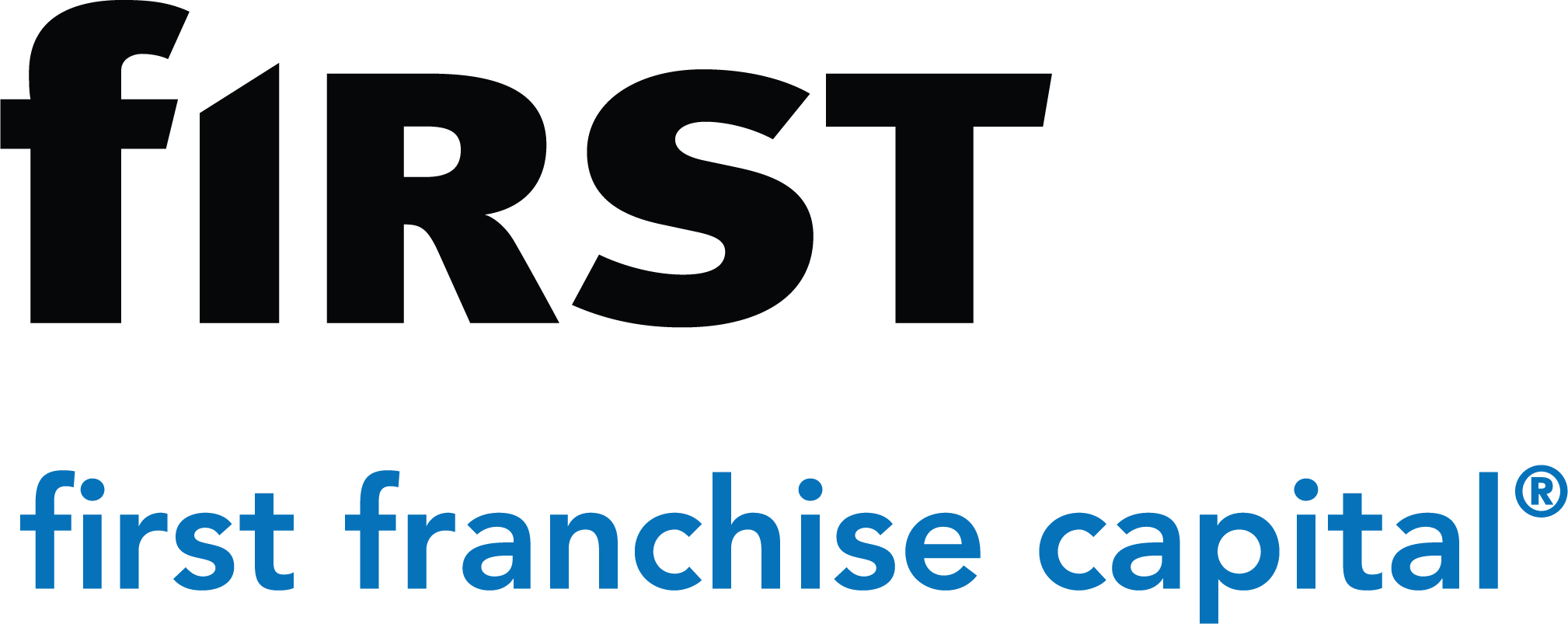What do you need for a franchise loan?
February 8, 2023 •First Franchise Capital
If you’ve only ever taken out a consumer loan such as for a home or auto, you may not be aware of the differences between consumer and commercial loans. Furthermore, if your business is a QSR franchise, there are a few more differences to consider. We’ll explain the differences and answer a few of the most common questions here.
→ Watch Now: Market Update and 2023 Outlook
What do you need to qualify for a loan?
Similar to other commercial lenders, franchise lenders are looking for indicators that the franchisee will be able to repay the loan. The most qualified applicants for a loan have the strongest indicators that they will be able to repay the lender. Most lenders are looking at the past performance of the franchise to predict the likelihood that the franchise will continue to perform well in the future.
But there is more to consider than just past financials. What are the future plans for the franchise? If the loan is for an expansion or acquisition, what is the financial outlook after the transaction? Can the borrower demonstrate how the transaction will benefit the franchise? If the franchisee/borrower takes out a 10-year loan, but plans to retire in five years, is there a succession plan in place? Lenders may be hesitant to lend if the owner is leaving before the end of the term because the possibility of the franchise defaulting on the loan is considerably higher. A succession plan and a strong leadership team can give lenders greater confidence in the franchise’s success.
Frequently Asked Lending Questions
What collateral is required for a franchise loan?
Collateral is required for most secured loans and typically, lenders require an amount of collateral greater than the loan amount. For example, if you want to borrow capital for real estate financing, you’ll need to offer up to 85% more than the loan amount in collateral. This ensures the lender will recoup their money if the borrower defaults on the loan even if the value of the assets depreciates over time.
What documents do you need to apply for a franchise loan?
There are six main types of documents you can expect most lenders to require for a franchise loan. These are typically submitted with an application form that asks for business information such as address, organizational structure, and contact information for the owner and other stakeholders in the franchise. Having these documents well drafted helps protect you and shows the lender you are prepared and organized:
- Financial statements for the past 2-3 years;
- Company tax returns for the past two years;
- Franchise agreements;
- Landlord waivers (if applicable);
- Pro-forma financials that forecast the expected future revenue; and
- Personal financial statements that establish the financial character of stakeholders.
What percentage do you need to put down for a franchise loan?
Most lenders require the borrower to put 10%-20% down on the total purchase price. For example, if a franchisee wants to buy the real estate in which their restaurant operates, the lender will likely provide financing up to 85% of the lesser of (i) the appraised value of the property; or (ii) the purchase price of the property. So, 85% financing on a $2 million property would mean a loan of $1,700,000 and the franchisee would need to pay $300,000 towards the purchase.
However, there are many other factors to consider when seeking a franchise loan besides the amount the borrower must contribute to the purchase. If the loan is for an acquisition, financing for the deal often includes third-party equity, seller earnouts, and equity. Each deal is different and the borrower down payment amount will vary based on the amount of 3rd party financing used for the deal.
What do you need to get approved for a franchise loan?
Many franchise lenders do not provide pre-approval letters, but the franchisor must provide consent before the lender can proceed with approval. Approval for the loan occurs after you apply, submit all required documents, and an underwriter or team of underwriters evaluates the credit worthiness and risk level of your business. Factors that improve the likelihood of loan approval include an excellent credit score, solid financials that demonstrate sound franchise management, good EBITDA ratio, and a strong cash flow. All these metrics help the underwriters determine if the loan will overleverage the borrower and cause them to default on the loan in the future.
In addition to assessing financials, the underwriting team will also evaluate the character of the organization. The overall integrity of the leadership influences the lender’s confidence that the loan will be repaid. Franchisees who have successfully navigated tough times in the past boost the confidence of the lender in the franchisee’s ability to repay the debt.
Conclusion
If you have additional questions about what is required for a loan from First Franchise Capital, please reach out! Our team of experts is available to answer your questions and help you find the solution that works the best for your franchise.
First Franchise Capital does not make any representation as to the accuracy of materials presented in any webinar, whitepaper, vlog or blog, nor legal or financial information contained therein. Third party advertisements, links or presentations are not endorsements or recommendations by First Franchise Capital. Any materials presented are for informational purposes only. They are not offered as and do not constitute an offer for a loan, professional or legal advice or legal opinion by First Franchise Capital and should not be used as a substitute for obtaining professional or legal advice. The use of any materials, including sending an email, voice mail or any other communication to First Franchise Capital, does not create a relationship of any kind between you and First Franchise Capital.


